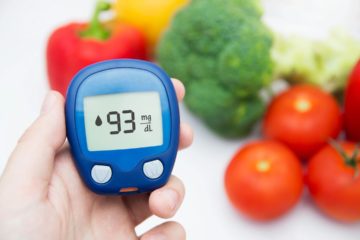What is Caffeine?
Caffeine is an alkaloid chemical that occurs naturally in many foods and beverages, and in modern day is often added to others. It stimulates the nervous system, slightly increases metabolism, is diuretic (causes water loss), decreases sleep time, raises fatty acids in the blood, increases the output of digestive acids, and may increase blood glucose levels. While some of these things don’t sound too bad to many of us, it is also very addictive. It’s actions can easily become overly strong on the body and cause side effects.
Oriental Medicine and Caffeine
The Chinese viewed caffeine as a useful tool when used in moderation and for specific conditions. They realized however that, like other stimulants, it could be dangerous if overused or used improperly.
It’s nature is stimulating, diuretic, and purgative (increases bowel activity). In coffee it is warming and bittersweet. Tea was a more common source of caffeine in ancient China. In combination with the unique makeup of the antioxidants and other phyto-chemicals of the tea leaf, caffeine had a less harsh effect on the body. Tea would often be given to help digest fats, brighten the eyes, clear the throat and relieve thirst.
Caffeine in Modern Times
In modern times the types of foods and drinks used to deliver caffeine to the body can greatly increase the possible harmful effects and likelihood of an excess ingestion of it. Sweet beverages (soda, lattes and other coffee beverages) pair caffeine with a lot of sugar. Sugar is cooler according to Chinese medicine, but also increases fluid loss through urination and stool. The combination means that a person can be trying to quench their thirst with a cold cola or iced coffee, but is actually creating a dehydrating effect on the body – destroying the benefit of drinking a liquid in the first place!
Caffeine’s activating nature can cause sleep issues, nervousness, anxiety, palpitations, and adversely affect blood pressure. Its use is cautioned in individuals with high blood pressure, anxiety, insomnia and in pregnancy. Over use of caffeine has also been linked to increased UTI’s, bladder disease, raised cholesterol levels, and damage to the villi of the small intestine – resulting in possible problems absorbing vital nutrients from our food.
In patients with none of the above health issues, the use of caffeine in the diet may be ok – if used sparingly. For most of us an occasional coffee is fine, though it is far better to drink tea more often because it naturally offsets some of the problems caffeine can cause. For many though, caffeine has become a tool used to manage a lifestyle of too rich food and too little sleep. Like any other “drug”, long time and large amount usage can increase the likelihood of damage to your health.
If you feel you’ve become a little too dependent on caffeine and would like to explore ways to reduce your intake without nasty side effects, and replace the need for its stimulant quality with healthier options and by naturally increasing your body’s own energy production, please contact us.
